7 foods to limit, according to nutritionists
These popular eats may not be the best choices for your health.
Updated on September 30, 2024

Nutritionists are excellent sources for healthy-eating tips. Experts in using food and diet to promote well-being, they can teach you how to select foods that benefit your body, like fruits, vegetables, and whole grains. They can also show you how to cut back on foods that contribute to illness and poor health.
It's well known that certain items, such as potato chips and ice cream, should be eaten in moderation because of how they can affect your well-being. But other bites may not be so obvious. Check out some of the top foods nutritionists advise you to limit or avoid. They may surprise you.
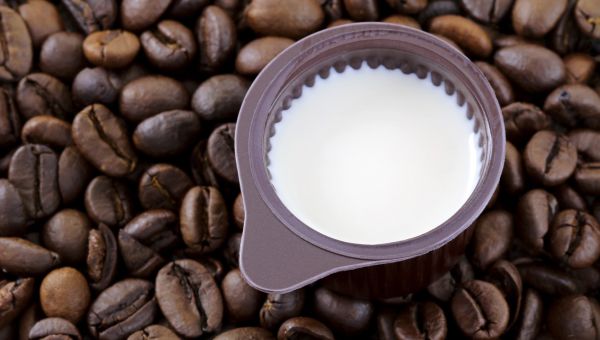
Non-Dairy Creamer
Non-dairy creamer can sidetrack your weight management plans. Many products feature an easy-to-pour spout, so it’s easy to start your day with a dose of extra sugar. The creamer itself doesn’t contain a high number of calories per serving, but over-pouring can add more calories than you might expect.
In addition to sugar (which usually comes in the form of high-fructose corn syrup), and extra calories, your coffee creamer may contain some other ingredients to limit, like saturated fat. Try using flavored almond milk or oat milk instead and check to see if they have added sugar. Many alternative milks contain added sugar, but offer sugar-free varieties.
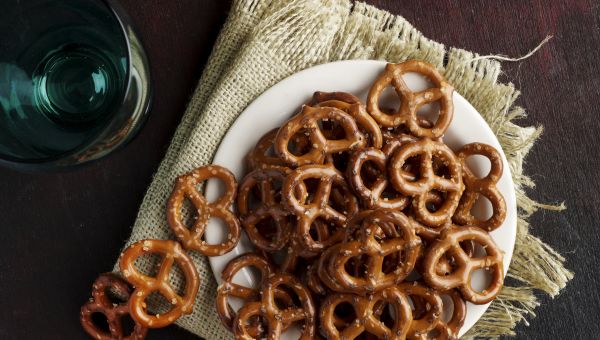
Pretzels
Highly processed and made mostly of white flour, pretzels don't offer much nutrition. They're also easy to overeat. If you're craving a satisfying snack, try less-processed foods such as nuts, fruit, veggies and hummus, or hard-boiled eggs. Packed with nutrients like protein, fiber, and healthy fats, they're just as convenient as pretzels and will keep you feeling fuller, longer.
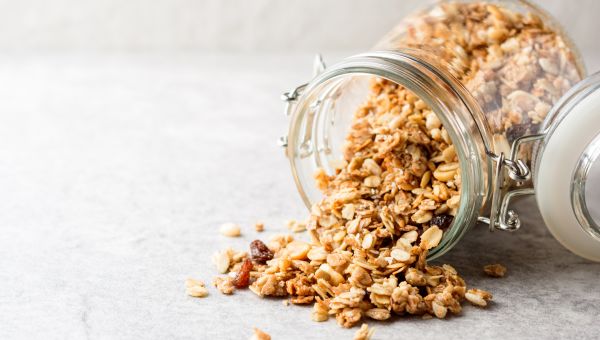
Granola
Surprise: Though it may seem like a healthy choice, many types of granola contain added sugar and saturated fat. Some brands even have as many calories as your favorite dessert. To avoid the excess, make sure to read nutrition labels whenever you buy. Choose blends high in protein and fiber, and pay attention to serving size. You can also try making your own at home.
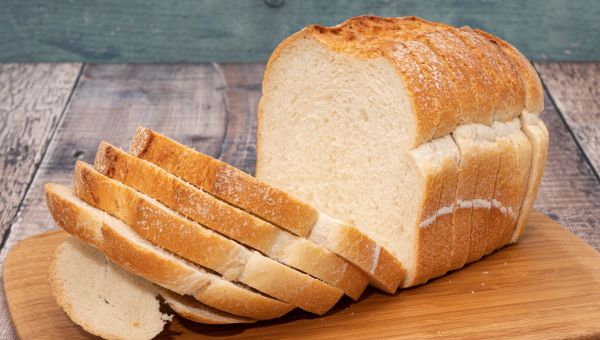
White Bread
Due to its low fiber content, white bread is digested and absorbed into your body quickly. This can create a spike in blood sugar, followed by a crash in energy that can lead to overeating later in the day. Because white bread is stripped of nutrients and contains preservatives, it doesn’t keep you full for long.
Opt instead for hearty, whole grain breads that contain more dietary fiber and selenium, essential components in maintaining a healthy metabolism.

Canned Soup
Canned soup is a quick and easy meal, but beware of sodium and sulfites (found mostly in soups containing seafood). Over time, too much sodium can contribute to high blood pressure. This can result in increased risk for heart attack and stroke.
Sulfites, a form of preservative found in canned soup and other canned foods, can be harmful to people with sulfite sensitivity or asthma. Symptoms of sulfite sensitivity include headache, respiratory irritation, and anaphylaxis (an allergic reaction that can be life-threatening), though most reactions are mild. Nutritionists think it’s best to choose homemade soups and stews, so you know exactly what you’re eating.

Packaged Popcorn
Popcorn in its natural state is a healthy alternative to other salty snacks. The catch? Many packaged or microwave popcorn brands contain large amounts of saturated fat and salt, along with additives like artificial flavors and preservatives. Go for air-popped popcorn, without butter, salt, or sugar, or try popping your own with olive oil.

White Chocolate
If you’re craving chocolate, choose dark chocolate and eat it in moderation, meaning one or two squares depending on serving size. Dark chocolate can satisfy a sweet tooth and may provide some health benefits, due to its high content of cocoa solids. Cocoa is rich in flavonoids, which are natural substances that help protect your heart, brain, and more. White chocolate doesn’t contain any cocoa solids. Plus, it's commonly made with more sugar than other kinds of chocolate.

US Department of Agriculture. Food Search. Accessed May 27, 2022.
American Academy of Allergy, Asthma and Immunology. Allergic to the Fine Print: Food Allergy to Additives, Rare but Real. Last reviewed September 28, 2020.
Sayago-Ayerdi S, García-Martínez DL, Ramírez-Castillo AC, et al. Tropical Fruits and Their Co-Products as Bioactive Compounds and Their Health Effects: A Review. Foods. 2021 Aug 22;10(8):1952.
More On


video

article
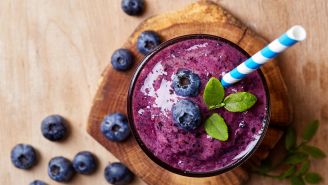
slideshow


video


video
